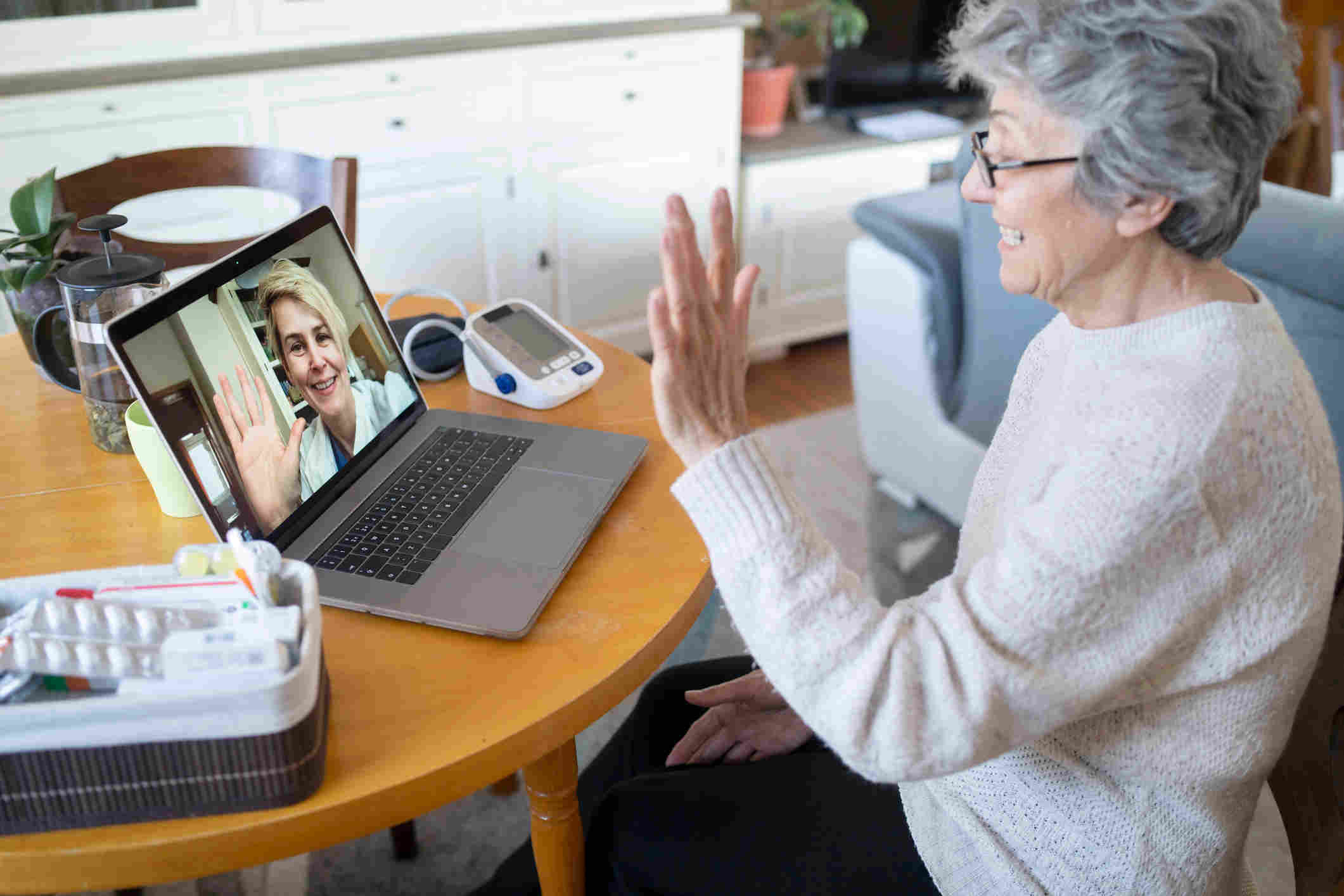
@ShahidNShah


The COVID-19 pandemic prompted a monumental shift toward digital care and signaled the need for healthcare organizations to quickly implement and scale robust virtual care strategies. Remote patient monitoring (RPM) is a critical component of any healthcare organization’s virtual care strategy, allowing organizations to identify and pre-empt potentially dangerous and costly escalations, improving overall patient health outcomes and reducing avoidable medical costs. Healthcare organizations have already seen the value in folding RPM into virtual care strategies. It is estimated that 30 million patients in the U.S. will use RPM tools by 2024, a 28.2% increase compared to 2020.
When it comes to RPM, a high-tech, device-based approach isn’t always the answer. In fact, it can limit the populations that you reach due to the costs and technological barriers associated. When building a robust RPM approach, organizations should consider five strategies for ensuring their RPM solution is scalable, equitable and low-tech.
Continue reading at himss.org
The application of AI in telehealth to allow doctors to make real-time, data-driven rich choices is a key component in generating a better patient experience and improved health outcomes. Artificial …
Connecting innovation decision makers to authoritative information, institutions, people and insights.
Medigy accurately delivers healthcare and technology information, news and insight from around the world.
Medigy surfaces the world's best crowdsourced health tech offerings with social interactions and peer reviews.
© 2025 Netspective Foundation, Inc. All Rights Reserved.
Built on Apr 25, 2025 at 12:44pm